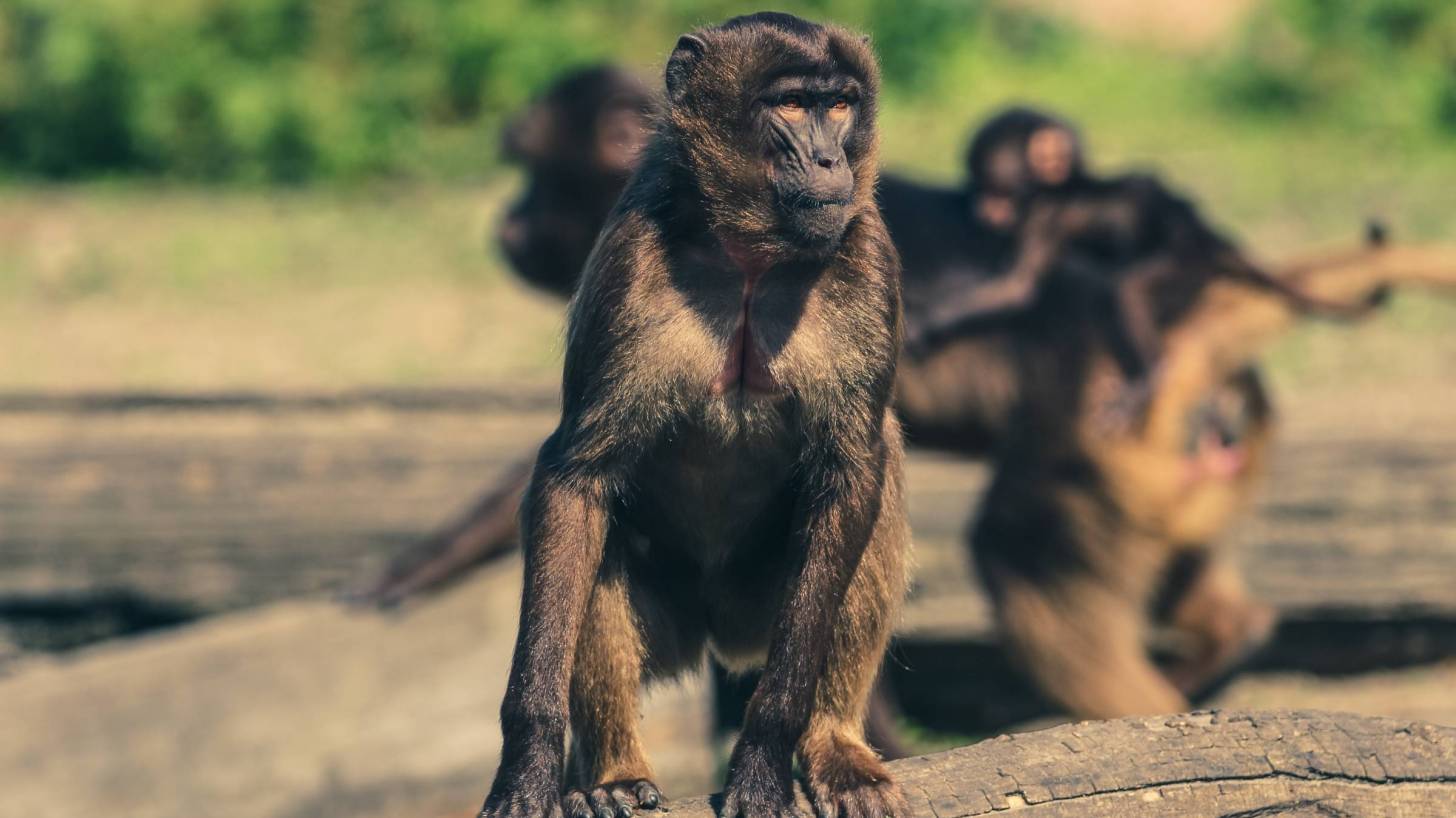Monkeypox Virus Spreading in Africa

You’ve heard of chickenpox and smallpox, but have you heard about monkeypox?
Monkeypox is a rare viral disease, closely related to the virus that causes smallpox.
For most persons who have been exposed to monkeypox, the risks are greater than the risks from the smallpox vaccine.
Previous research suggests that the current smallpox vaccine, ACAM2000, is 85% effective in preventing monkeypox, when given before exposure to monkeypox.
Why is monkeypox in the news?
Specifically, the Nigeria Centre for Disease Control (NCDC) has reported 38 cases of Monkeypox in eight States. A total of 116 suspected cases were recorded since the onset of the outbreak in September, 2017.
No deaths attributable to this Monkeypox outbreak have been recorded, so far. About 1-10 percent of infections lead to fatalities.
According to The Minister of State for Health, Dr. Osagie Ehanire, a National-level Emergency Operations Centre (EOC) led by the NCDC, is coordinating outbreak investigation and response across affected States.
The NCDC has been working with poxvirus experts from the World Health Organization (WHO) and the U.S. Centers for Disease Control and Prevention (CDC) to ensure that every available step is taken to trace how this outbreak may be spreading, and in understanding the links between case clusters, in order to prevent further spread.
An Interim National Guideline for Monkeypox has been developed and disseminated to all Nigerian States for coordination of response activities.
Monkeypox is a rare viral zoonosis (a virus transmitted to humans from animals) with symptoms in humans similar to those seen in the past in smallpox patients, although less severe. Monkeypox is a member of the Orthopoxvirus genus in the family Poxviridae, according to the WHO.
If you are traveling to a potentially infected region, such as Africa, health officials recommend avoiding contact with infected patients, and animals such as Gambian rats, striped mice, dormice, primates, rope squirrels, and tree squirrels also pose a risk.
The World Health Organization reports that the incubation period for monkeypox can range from five to 21 days. There are typically two phases of the infection, the invasion period, and the skin eruption period.
In the first five days after being infected with monkeypox, patients can experience fever, severe headaches, swelling of the lymph nodes, back and muscle pain, and a severe lack of energy.
After the fever sets in, sufferers usually develop a distinctive, bumpy rash, which particularly affects the face, palms of the hands and soles of the feet.
The monkeypox bumps can evolve into fluid-filled blisters and can take three weeks to clear up completely.
The first known animal outbreak of the disease occurred in Denmark in 1958 with groups of research monkeys, which is where monkeypox gets its name.
The first human case of monkeypox was recorded in 1970 in the Democratic Republic of Congo during a period of intensified effort to eliminate smallpox. Since then, monkeypox has been reported in humans in other central and western African countries.
In 2003, the U.S. experienced an outbreak of monkeypox, caused by prairie dogs. This was the first time human monkeypox was reported outside of Africa.
Forty-seven confirmed and probable cases of monkeypox were reported from six states, including Illinois, Indiana, Kansas, Missouri, Ohio, and Wisconsin during the U.S. outbreak.
Investigators determined that a shipment of animals from Ghana, imported to Texas on April 9, 2003, introduced monkeypox virus into the United States.
Monkeypox is still a mystery in the world of medicine, but the CDC may soon have more answers.
The CDC’s Advisory Committee on Immunization Practices, provides recommendations on who should receive smallpox vaccination in a non-emergency setting.
At this time, the only FDA-approved smallpox vaccine, ACAM2000 has been stockpiled by the federal government for emergencies; it is strictly controlled for biodefense purposes and is not commercially available, according to an FDA.
The CDC recommends that the vaccine be given within 4 days from the date of exposure in order to prevent onset of the disease. If given between 4–14 days after the date of exposure, vaccination may reduce the symptoms of disease, but may not prevent the disease.
Researchers calculated the total cost of immunising one person using a replicating vaccine such as ACAM2000 was $139, while using a non-replicating vaccine (IMVAMUNE ) cost $115.
Additionally, the CDC travel notice for Nigeria includes the following normal immunizations: measles-mumps-rubella (MMR), diphtheria-tetanus-pertussis, varicella (chickenpox), polio vaccine, and the annual flu shot. Hepatitis A vaccine and Typhoid are recommended to most travelers. The CDC recommends additional vaccines to some travelers.
Moreover, pregnant women should not visit Nigeria because of Zika virus concerns, says the CDC.
Our Trust Standards: Medical Advisory Committee
- Defending against smallpox: a focus on vaccines
- ACAM2000
- NCDC confirms 38 Monkeypox cases in 8 States
- About MonkeyPox
- Monkeypox Outbreak Response
- Monkeypox
- 2003 U.S. Outbreak
- Total costs associated with replicating and nonreplicating smallpox vaccines
- Health Information for Travelers to Nigeria
- Smallpox Vaccine Guidance
- MONKEYPOX, SIX MORE CASES CONFIRMED - Minister of State for Health Calls For Calm

